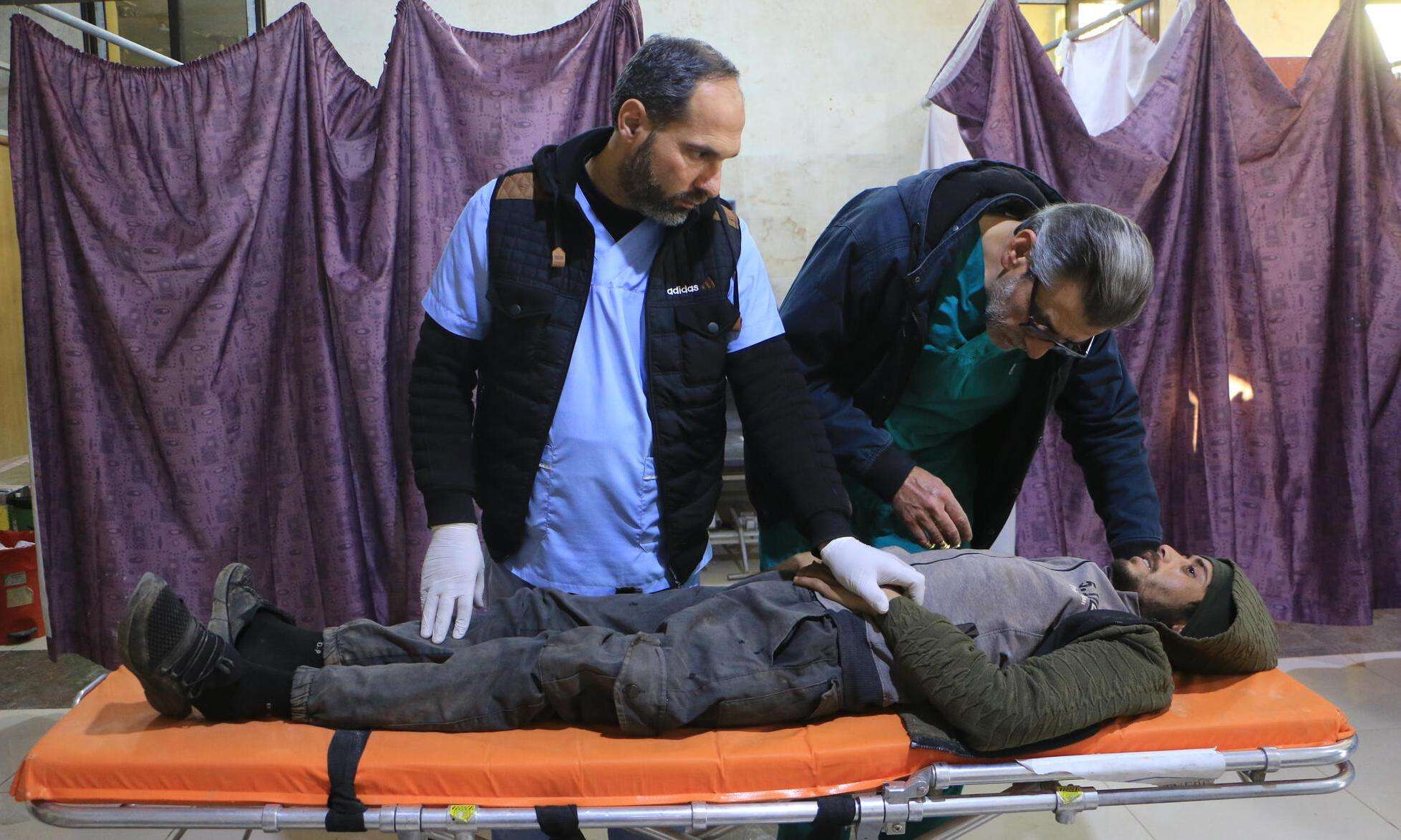The earthquakes in Syria and Turkey (renamed Türkiye) have killed over 40,000 people and left tens of thousands of people injured and in need of medical care. Teams from Doctors Without Borders/Médecins Sans Frontières (MSF) were already working in northwestern Syria, so we were able to start treating patients in the first hours of the disaster.
Over the past week, we’ve been supporting medical facilities to care for the injured, providing ambulances to transport them, and getting urgent relief items to people in need. We also received the tragic news of the death of two of our colleagues who were found under the rubble. Some have lost their loved ones and their homes.
Avril Benoît, the executive director of MSF-USA, discusses three things to know about the crisis:
-
Hundreds of thousands of people are now homeless in freezing temperatures. Houses and apartment buildings have been destroyed on a massive scale. The impact of this disaster takes a heavy toll on peoples’ mental health. We are providing psychological first aid to our staff and to patients in the health facilities we support and across our mobile clinics in northwestern Syria.
-
The earthquake compounded an existing crisis in northwestern Syria. War, a dire economic situation, the COVID-19 pandemic, and an outbreak of cholera had already plunged the region into a humanitarian crisis and pushed medical facilities to the brink. Nearly three-quarters of the entire population had already been forced from their homes by over a decade of war, with many people living in displacement camps in terrible conditions.
-
This is a massive disaster that requires a massive international aid effort. More support must reach northwestern Syria as soon as possible. We must ensure that more access points into northwestern Syria are made available for international aid to reach the people who need it.
How you can help
Not everyone can treat patients in the field. But everyone can do something.
Some humanitarian crises make the headlines—others don’t. Unrestricted support from our donors allows us to mobilize quickly and efficiently to provide lifesaving medical care to the people who need it most, whether those needs are in the spotlight or not. And your donation is 100 percent tax-deductible.




